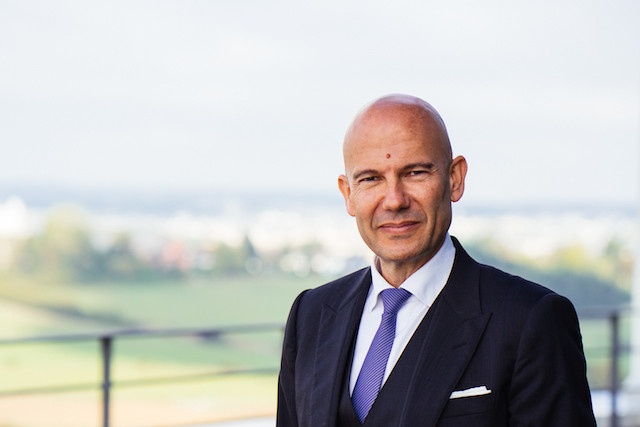They all work to preserve and develop the wealth of one or more families in a highly personal fashion. Yet each does this in subtlety different ways, with some even closely involved in helping to organise clients’ private lives.
Family offices serve the very wealthiest families with at least €15m to invest. With this wealth comes the complexity of structuring assets and planning for the future in multiple countries.
Some family offices operate mainly as hubs coordinating other professionals. They will develop the strategy, but work with partners on portfolio management, inheritance planning, risk management, custody services, philanthropic action, etc. Others will carry out some or all of this work in-house. Others get into the nitty-gritty of sorting out clients’ lives: managing properties, organising schooling or taking care of the yacht.
Single or multi
There are single and multi-family offices. The ultra-rich often prefer to have their own dedicated organisation, while those with only a few tens of millions will share these services. Anyone can set up as a family office: everyone from a local notary or auditor through to banks and regulated domiciliation agents.
Some are regulated by the Luxembourg agency CSSF as family offices, with others supervised as other entities (such as financial sector professionals, known by its French acronym PSF), or there may just be oversight from the relevant professional body (lawyers, accountants, etc).
“Often the term ‘family office’ is a marketing gimmick,” said Serge Krancenblum, chairman of the Luxembourg Association of Family Offices. For him, this activity is not so much about the branding as the way the services are provided. In recent years, several Luxembourg private banks have established their own family office entities, but Krancenblum is sceptical.
“The main concern for clients is independence. They want to be sure that the professional relationships being established and monitored are free of conflicts of interest,” he said.
Private bankers counter by insisting there are thick Chinese walls with the entity, and that they would not risk offending a valued client by not working in their best interests. On the contrary, they insist that their institutional heft gives them greater capacity to serve.
A unique market
Ultimately the client will choose the flavour they prefer, and the range of options should help promote the grand duchy’s wealth management brand. “Luxembourg is a very specific market,” Krancenblum commented.
“People chose to be served from here because of the solutions and the legal framework, not because they live here,” he said. “The most wealthy billionaires generally don’t live here, but they will decide to have their top-level structures here. This makes us different from Monaco, London and Geneva where people go and live, and want to have their family office next to them.”
